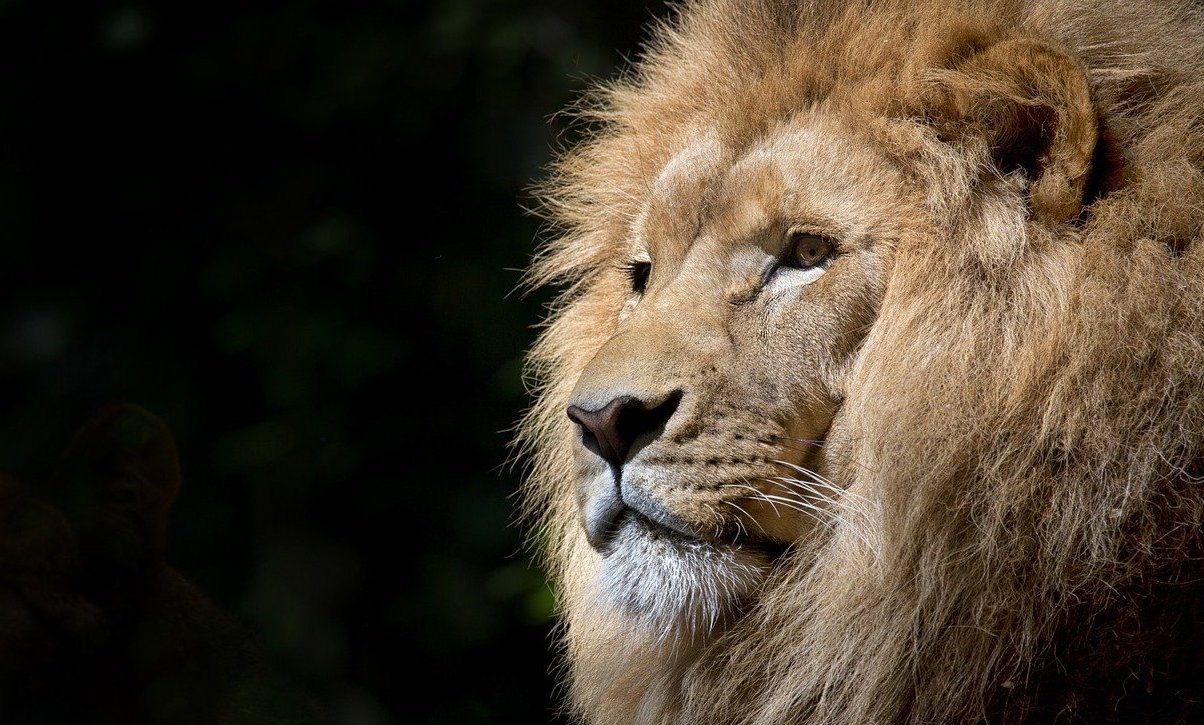Fear that the coronavirus pandemic came from wild animals has evoked calls for greater limits on trade in wildlife. But Catherine Semcer of PERC (the Property and Environment Research Center), in a thorough discussion of the issue, says that the coronavirus did not come from legal trade in wildlife and warns against further restricting trophy hunting through bans on imports.
Writes Semcer on the PERC site:
“The lack of evidence connecting the pandemic to the legal trade in wildlife is critical for decision makers around the world to consider as they plot a path forward and seek to reduce the risks of future pandemics. The sustainable use of wildlife for commercial and other purposes has proven itself to be a highly effective tool for conserving wildlands and reducing poverty, both of which have important roles in preventing the spread of infectious disease.
“Blanket trade bans, like some have proposed, also risk making the jobs of public health officials significantly more difficult, leading to delayed investigations, sluggish responses, and lost lives when the next pandemic occurs. Rather than enact blanket bans on trade, effective policies will be more targeted, seeking to leverage the ability of trade to produce outcomes that reduce the risk of future disease outbreaks and expand the use of market- and rights-based conservation tools to limit the emergence of new pathogens.
***
“Conservation programs that create viable economic alternatives and increase the opportunity costs of such development have the potential to act as a prophylactic guarding against any viral spillover into human populations.
***
“These contributions argue for empowering Africa’s trophy hunting industry as part of any pandemic response. The surest way for countries like the United States to do this is to ease import restrictions on legally acquired hunting trophies for species like elephant and lion, hunts that often subsidize entire hunting operations. Such regulatory relief has the potential to help stabilize the industry and aid its recovery from the severe impacts the pandemic has inflicted on it and to ensure it can continue to produce benefits for both conservation and public health.
***
“However, Africa’s trophy hunting industry lacks sufficient geographic scale to deliver the level of habitat conservation necessary to improve our collective security against future pandemics. Reaching that scale may be achievable by utilizing “debt for nature” swaps to help alleviate the mounting, pandemic-inspired debt crisis in emerging markets that are home to many of the wildlands thought to harbor novel pathogens like Covid-19.”
Image by Wendy Corniquet for Pixabay

